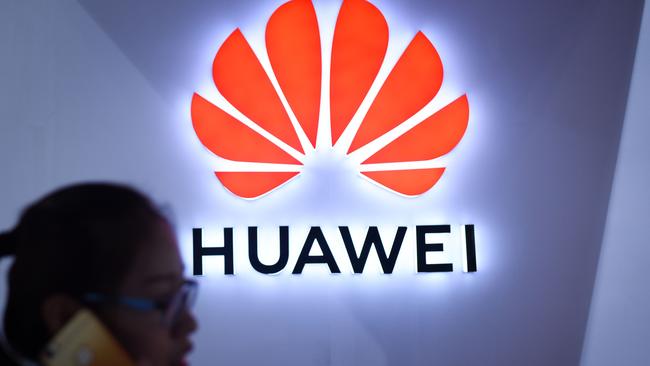Huawei may sue Australian government over 5G ban
Huawei is considering legal action against the Australian government over its exclusion from the 5G rollout.

Chinese equipment maker Huawei is considering legal action against the Australian government as it responds to its exclusion from participating in the rollout of 5G networks.
Labelling the federal government’s decision as politically motivated, Huawei said that it will take all possible measures to protect its legal rights and interests.
“We will continue to engage with the Australian government, and in accordance with Australian law and relevant international conventions, we will take all possible measures to protect our legal rights and interests,” it said.
In a scathing response to the guidelines presented to telcos by the federal government yesterday, Huawei said the decision had been made under a spurious premise that the Chinese government can compel Huawei to install backdoors on its equipment.
“Interpreting Chinese law should be left to qualified and impartial legal experts,” it said.
“A mistaken and narrow understanding of Chinese law should not serve as the basis for concerns about Huawei’s business.
“Chinese law does not grant government the authority to compel telecommunications firms to install backdoors or listening devices, or engage in any behaviour that might compromise the telecommunications equipment of other nations.”
Huawei has also refuted statements that 5G network architecture poses a greater security risk for telcos. According to the government’s assessment, the closer alignment of the “core” and “edge” networks introduces new challenges for carriers trying to maintain their customers’ security.
Huawei, founded in 1988 by former Chinese army officer Ren Zhengfei, is no stranger to opposition from the federal government, having been banned from working on the National Broadband Network in 2012.
However, the federal government has not explicitly named Huawei or China in its guidelines this time around.
According to Huawei, the scenario means that there are no specific actions it can take to allay security concerns.
“The government has not issued any specific concerns about Huawei’s governance, security, or suitability to safely and securely conduct business in Australia, so we’ve been given nothing to respond to.”
The comments from Huawei, which echo the response from China’s Foreign Ministry, come as the local telecoms industry weighs up the impact of the absence of Chinese companies.
A Foreign Ministry spokesman yesterday said China was “gravely concerned” at the government’s decision and accused Australia of creating “artificial obstacles” to deals between Australian and Chinese companies.
Meanwhile, the Australia China Business Council (ACBC) has warned that banning Huawei could undermine the bilateral relationship between the countries in industries other than telecommunications.
The prospect of a stern riposte from the Chinese government has already spooked the local market, with local companies with close China ties, including APA Group, Treasury Wine Estates and Bellamy’s taking a hit yesterday.
“The decision to ban Chinese companies will deny us access to some of the most innovative and cutting edge technology in the world and limit choice and competition in the Australian 5G market, and may also have an adverse impact on the bilateral relationship in other industries,” the ACBC said.
“Every country should always prioritise its national security, however, for the past 15 years Huawei has contributed significantly to the Australian and global telecommunications market, securely providing world leading wireless technology.”




